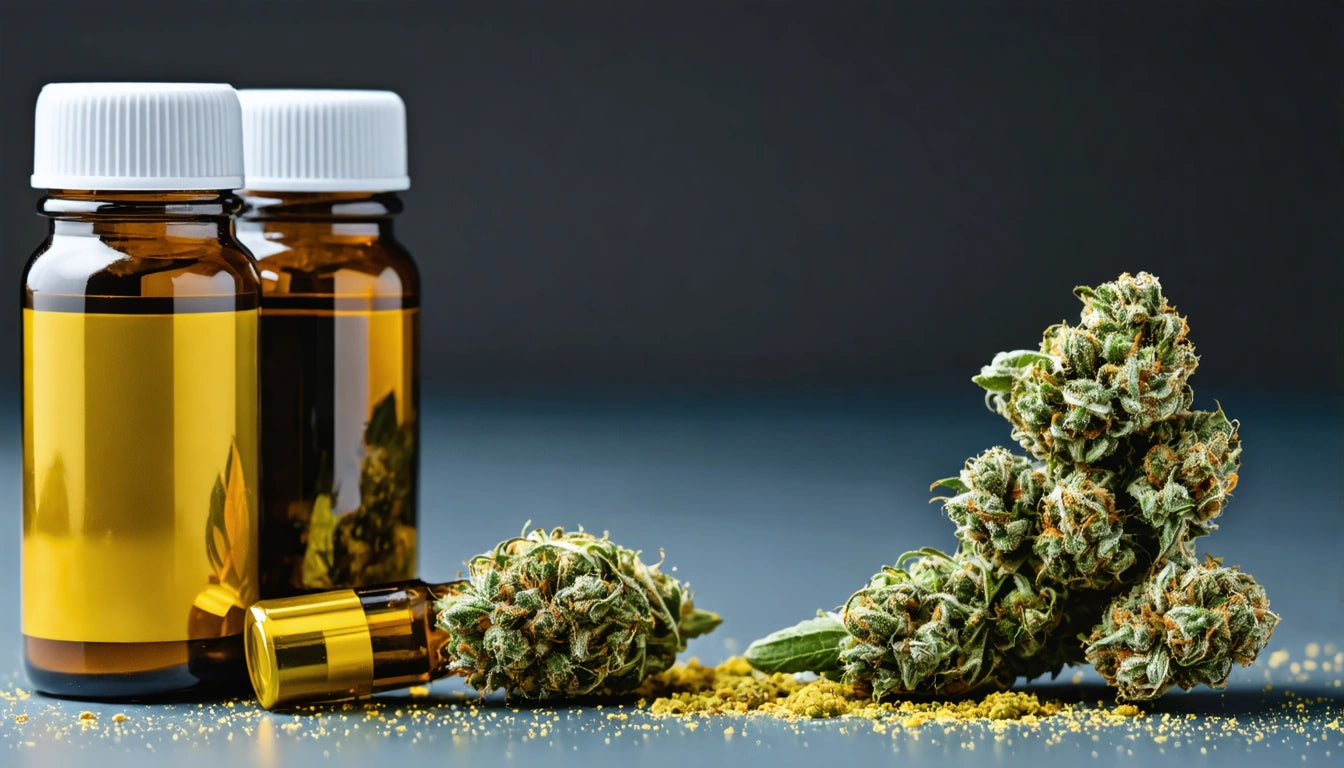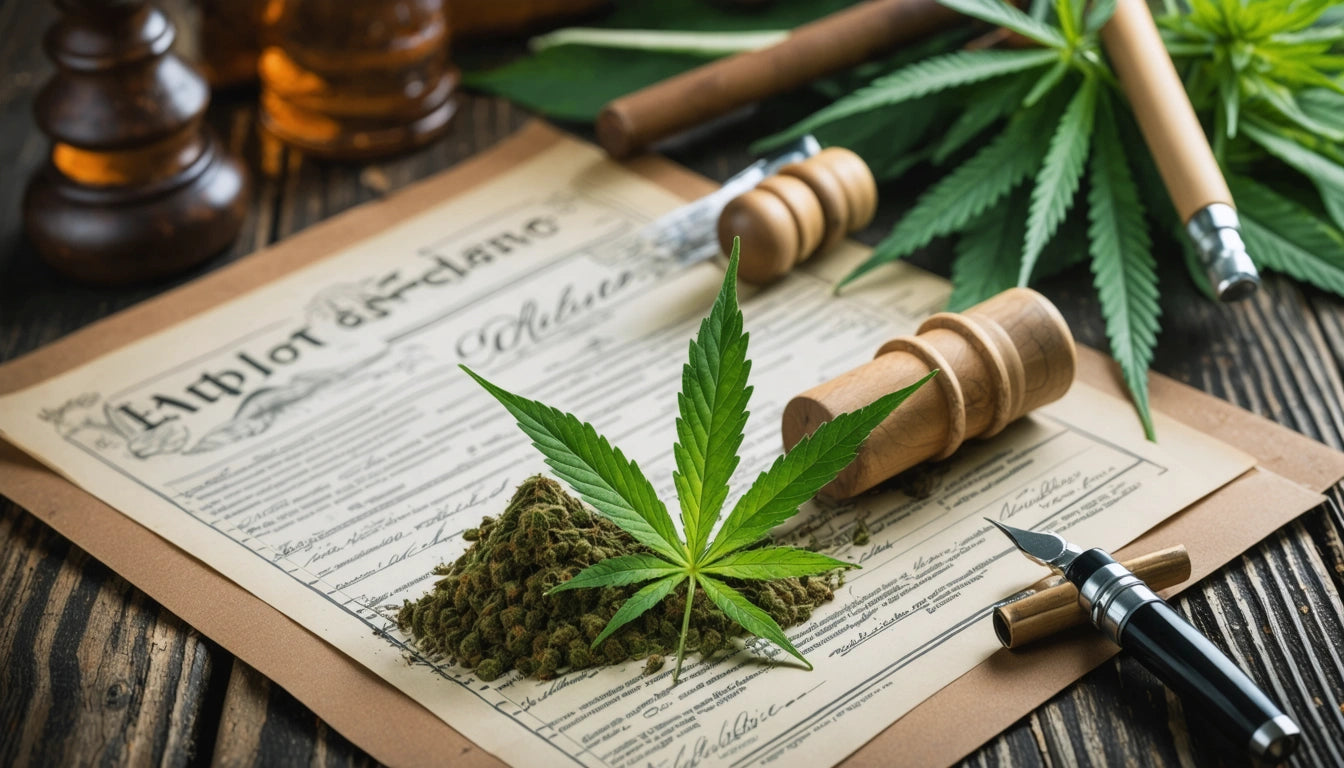Table of Contents
In the competitive cannabis marketplace, custom packaging has evolved from a simple container to a critical brand touchpoint. With limited traditional advertising options, your packaging often serves as the primary vehicle for communicating brand values, product benefits, and regulatory information to consumers.
Custom Packaging as Your Brand Foundation
Custom cannabis packaging creates the first tangible impression of your brand. According to packaging differentiation experts, brands that invest in distinctive packaging see higher recognition rates and stronger customer recall. This visual identity becomes particularly important in dispensary environments where dozens of products compete for attention.
Effective custom packaging communicates your brand story through strategic design choices. Whether emphasizing premium quality, wellness benefits, or sustainability commitments, packaging design elements should align with your core brand positioning.
Key Design Elements for Memorable Cannabis Packaging
Color Psychology and Typography
Color selection significantly impacts consumer perception. Blues and greens often convey wellness and natural ingredients, while black and metallics suggest premium positioning. Typography choices further reinforce brand personality, with serif fonts typically communicating tradition and sans-serif options suggesting modernity.
Premium Finishing Techniques
Specialty finishes elevate perceived value and create tactile engagement. Options include:
- Soft-touch coatings for a velvet-like feel
- Spot UV for highlighting specific design elements
- Foil stamping for metallic accents
- Embossing for dimensional textures
These techniques, detailed in this premium finishes guide, can transform standard packaging into memorable brand experiences.
Balancing Compliance with Creative Expression
Regulatory requirements present unique challenges for cannabis packaging designers. All cannabis packaging must incorporate child-resistant mechanisms that prevent access by children under five while remaining accessible to adults, similar to requirements for prescription medications and household chemicals.
Despite these constraints, innovative brands find ways to express creativity while maintaining compliance. Balancing compliance with creativity often involves:
- Incorporating required warning symbols into the overall design language
- Using compliant structures with custom printing and finishing
- Developing secondary packaging that enhances the experience after opening
- Creating modular systems that work across product categories
Strategic Material Selection for Product Protection
Material choices impact both product preservation and brand perception. For flower products, materials must preserve freshness and prevent odor transfer. Concentrate packaging requires materials that resist leakage and contamination.
Sustainability considerations increasingly influence material selection. Selecting appropriate materials involves balancing:
- Product protection requirements
- Environmental impact
- Cost considerations
- Branding objectives
Emerging options include hemp-based plastics, post-consumer recycled materials, and compostable alternatives that align with environmentally conscious brand positioning.
Leveraging Packaging as a Marketing Channel
Smart brands recognize packaging as a powerful marketing asset that extends beyond the point of purchase. Using packaging as a marketing channel involves designing for both physical retail and digital sharing.
Packaging that photographs well becomes user-generated content when consumers share their purchases on social media. Strategic elements that encourage sharing include:
- Surprise interior printing or messages
- Collectible design variations
- Interactive elements like QR codes linking to exclusive content
- Reusable packaging components
Limited edition and seasonal packaging, as explored in this guide on exclusive packaging, can drive urgency and collector behavior among consumers.
Implementing a Cohesive Packaging Strategy
Successful cannabis brands develop packaging systems that work across product categories while maintaining brand consistency. Building cohesive brand experiences requires thoughtful planning and execution.
The process typically involves:
- Developing clear brand guidelines for packaging applications
- Creating packaging mockups and prototypes before full production
- Establishing relationships with reliable packaging partners
- Implementing quality control processes
- Gathering consumer feedback for continuous improvement
By approaching packaging as a strategic brand asset rather than a compliance requirement, cannabis companies can create distinctive market positioning that resonates with target consumers and drives long-term loyalty.











Leave a comment
All comments are moderated before being published.
This site is protected by hCaptcha and the hCaptcha Privacy Policy and Terms of Service apply.